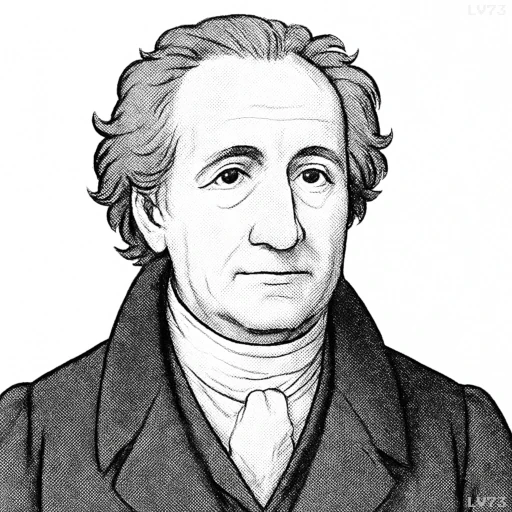“Whatever you cannot understand, you cannot possess.”

- August 28, 1749 – March 22, 1832
- German
- Poet, playwright, novelist, philosopher, politician
table of contents
Quote
“Whatever you cannot understand, you cannot possess.”
Explanation
Goethe suggests that true ownership or mastery of something requires deep understanding. Without comprehending its essence or nature, we cannot truly possess or make full use of it. Understanding allows us to connect with and fully appreciate the value of something, whether it is knowledge, an object, or a relationship. Without this connection, the thing remains distant, superficial, or disconnected from us. This idea underscores the importance of awareness, insight, and comprehension in making something truly ours.
Historically, this idea reflects Goethe’s belief in the importance of knowledge and self-awareness. During his time, the quest for understanding was central to both intellectual and spiritual pursuits. Goethe himself valued the idea that to truly know something—whether it was nature, art, or human nature—was to possess it in a way that allowed one to truly engage with it.
In modern contexts, this idea remains relevant in both personal growth and practical applications. For example, in education or professional development, we often say that in order to excel at something, one must first understand it fully. Whether it’s a skill, concept, or tool, true mastery comes when we gain deep knowledge and insight. For instance, understanding a language deeply allows us to truly “possess” it, not just as a set of vocabulary, but as a means of expression and connection.
Goethe’s words remind us that genuine possession—in the intellectual, emotional, or material sense—is only possible through deep understanding. This requires a commitment to learning and engaging with the world in a thoughtful, intentional way.
Would you like to share your impressions or related stories about this quote in the comments section?


